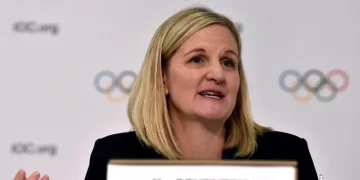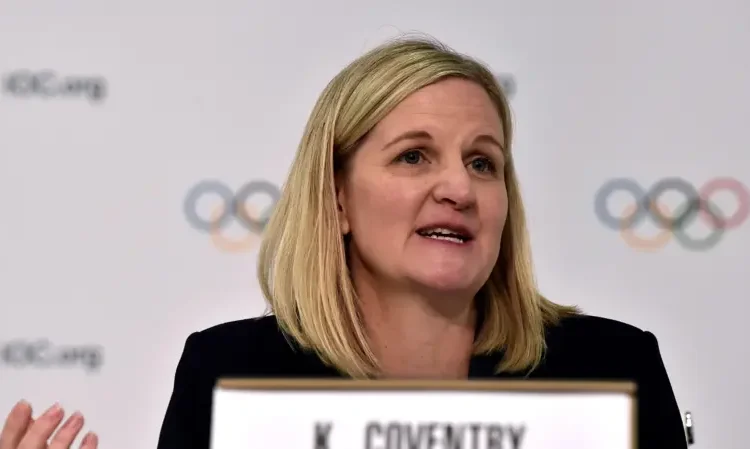The International Olympic Committee (IOC) will now take a “leading role” in defining gender eligibility in sport, with new president Kirsty Coventry confirming “overwhelming support” from members to protect the female category.
This marks a significant shift from previous policy, which largely left such decisions to individual sports federations.
Coventry, the IOC’s first female president, announced the formation of a working group of experts and federations to develop a unified, science-based policy. While acknowledging sport-specific differences, the core aim is fairness for female athletes.
The move comes after controversy at the Paris 2024 Olympics, particularly in boxing, where gender eligibility rules faced scrutiny. Coventry, however, stated that the new policy would not apply retrospectively.
During her campaign, Coventry, a seven-time Olympic medalist, had advocated for a blanket ban on transgender women in female Olympic competition.
The IOC’s new direction reflects a broader trend among sports bodies to restrict participation of athletes who have undergone male puberty in elite female events due to fairness and safety concerns.
Coventry emphasized that the new approach would be grounded in “medical and scientific research” and involve collaboration with international federations.





























